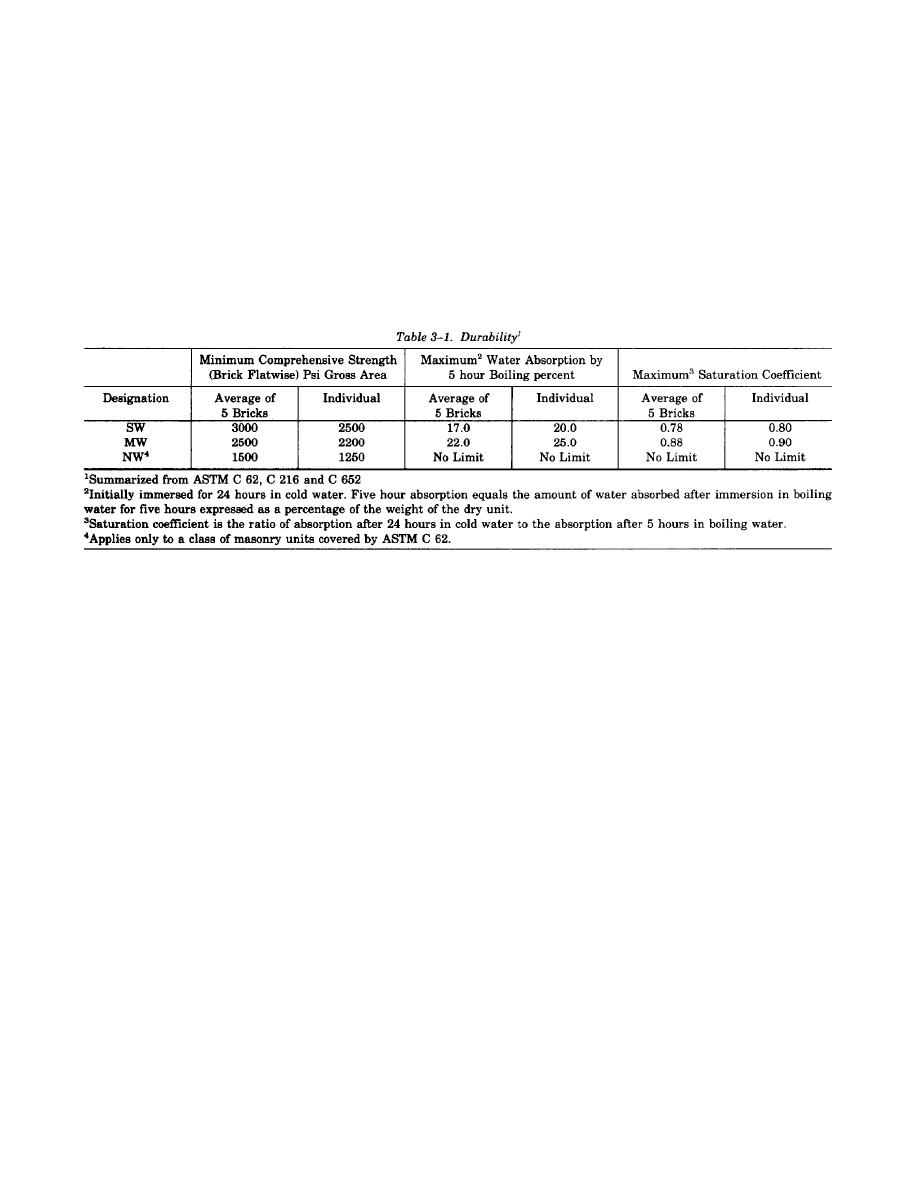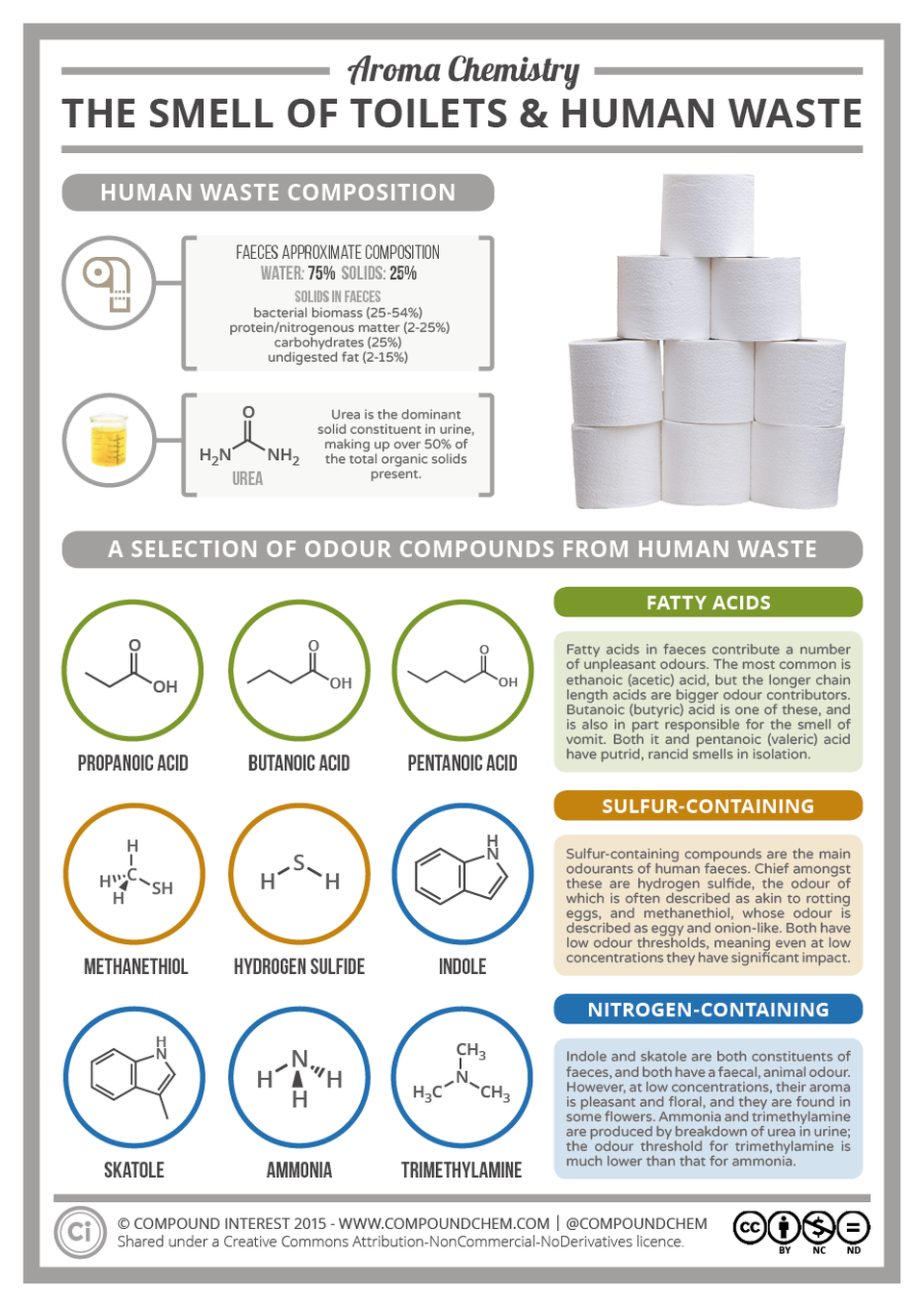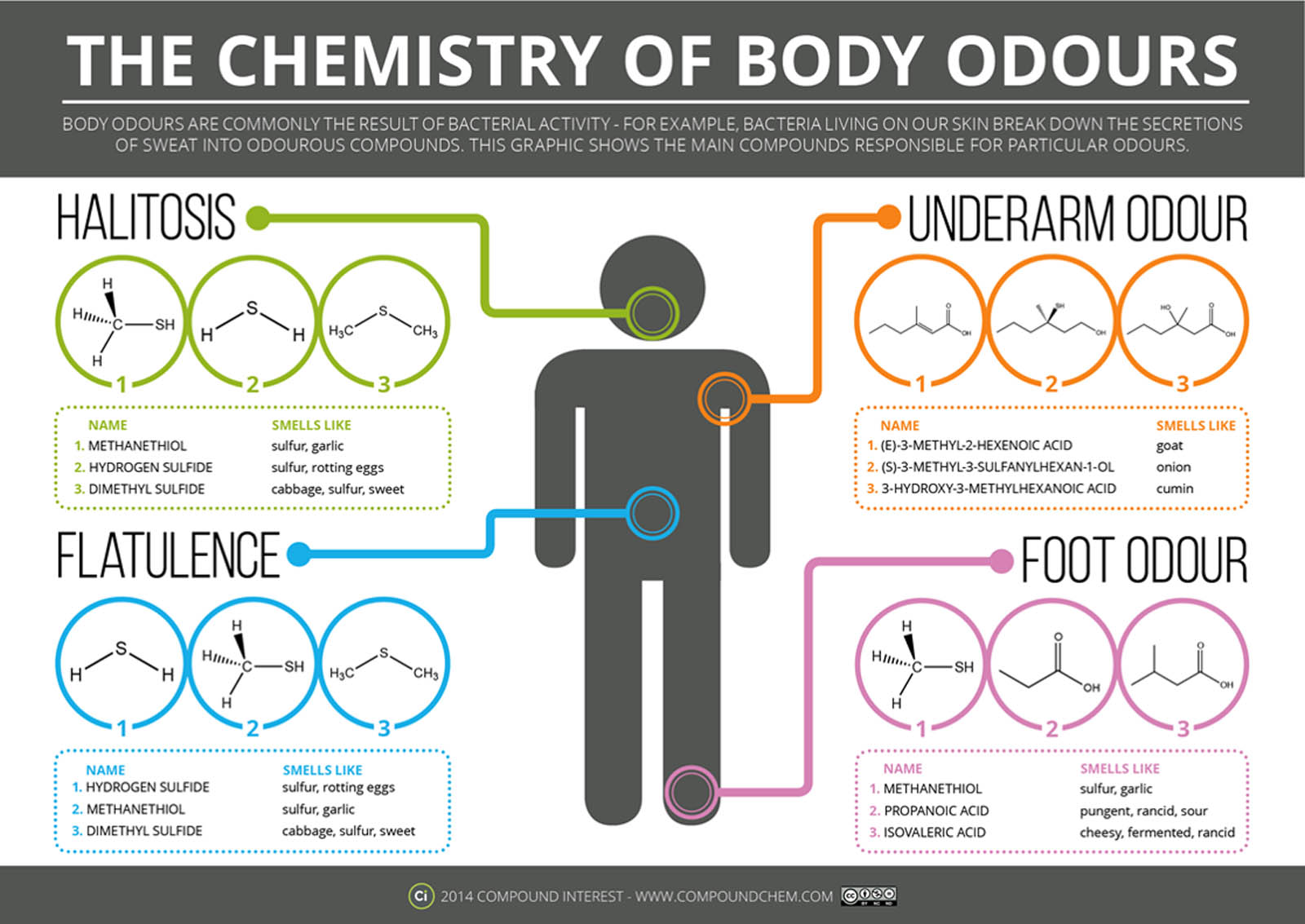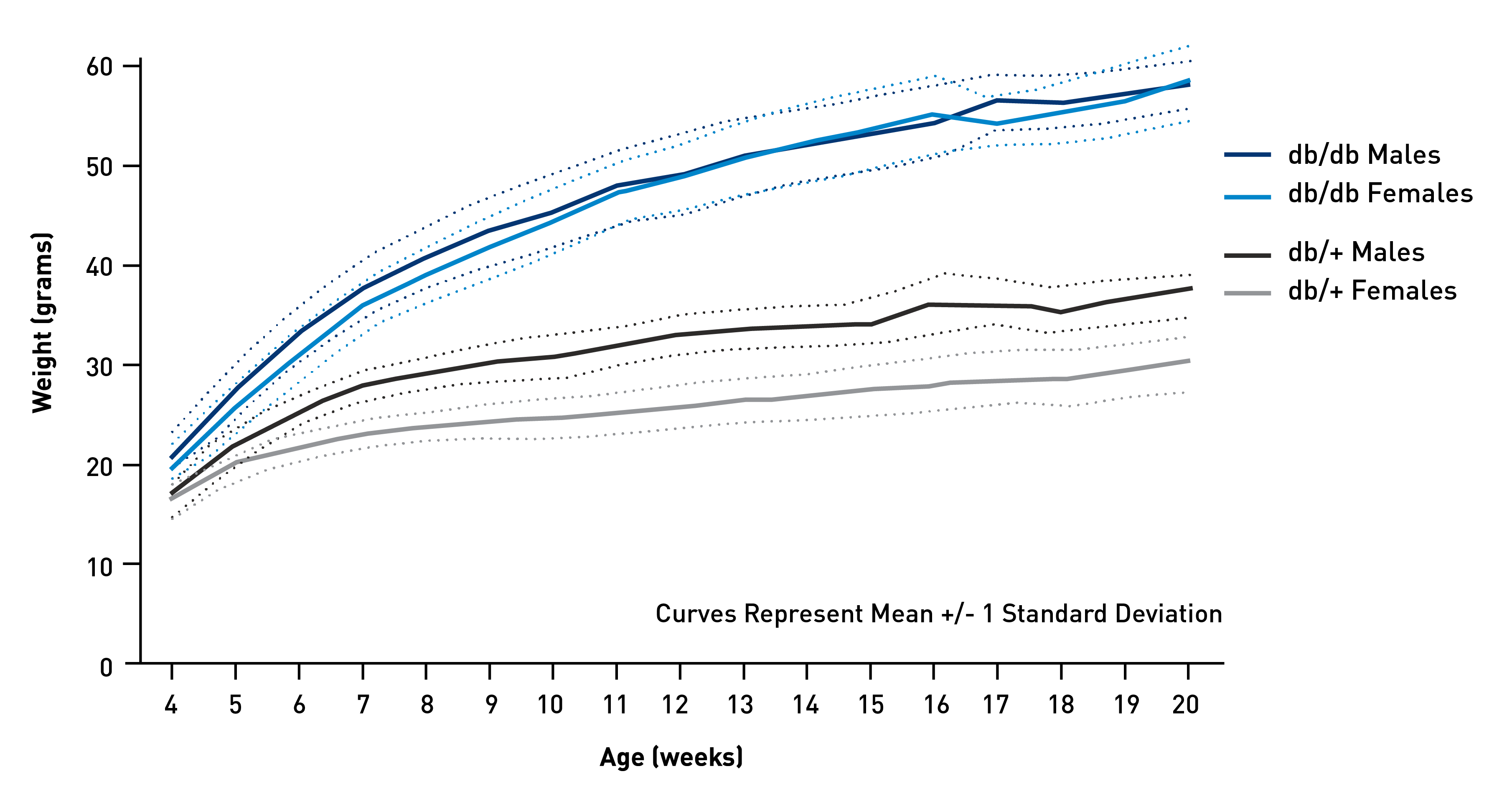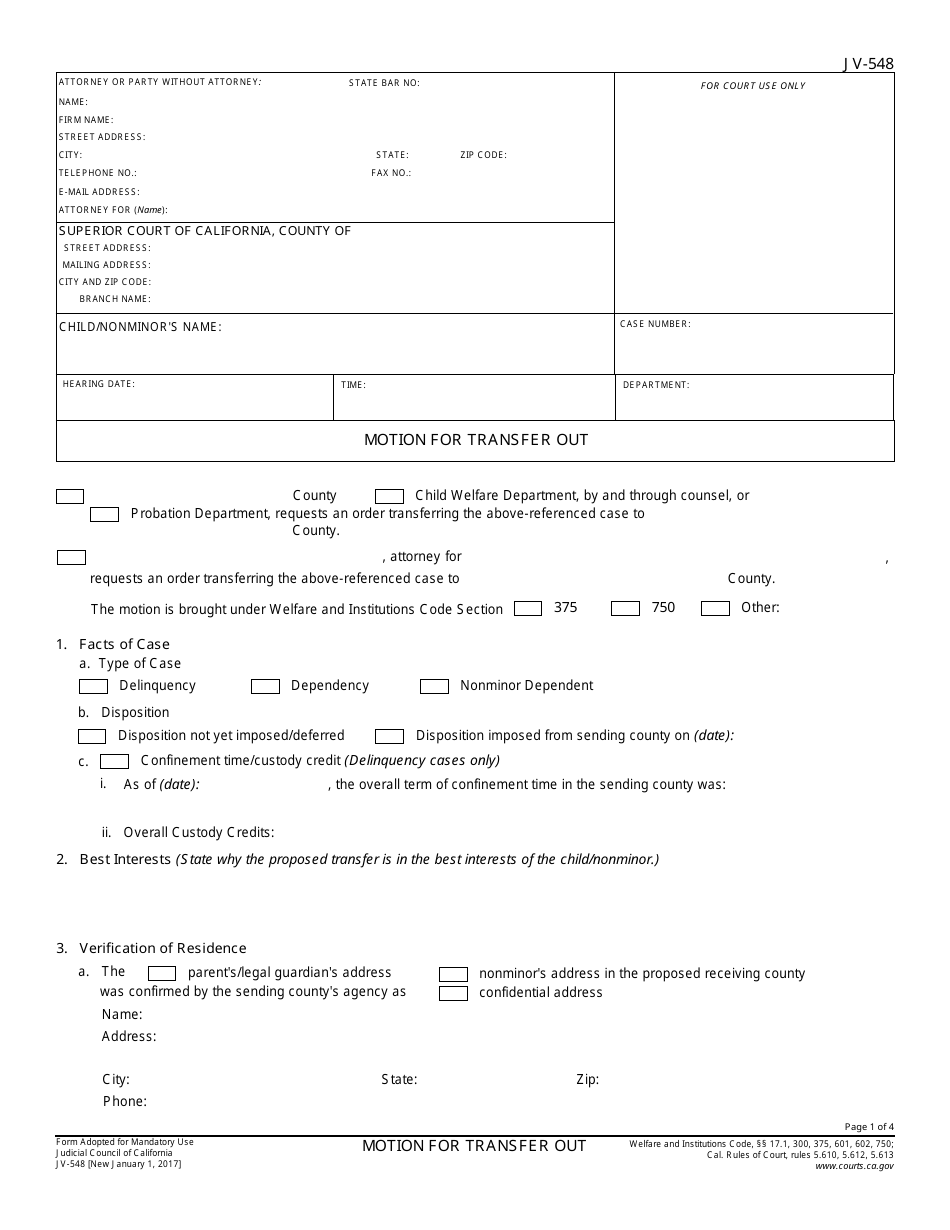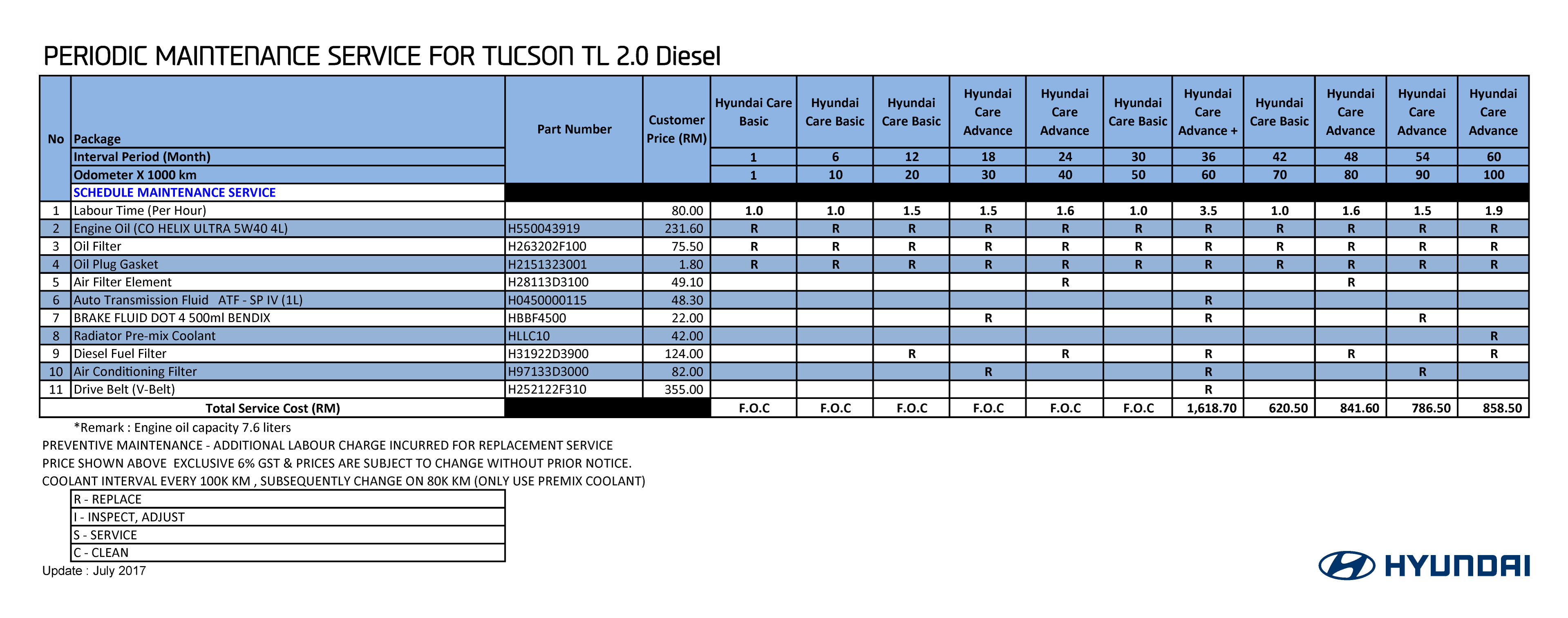If you have allergies, a latex mattress may not be the best choice for you. Latex is a natural material made from rubber, and some people may have a latex allergy. This can cause skin irritation, respiratory issues, and other allergic reactions. While there are hypoallergenic options available, they may be more expensive and still not completely eliminate the risk of an allergic reaction.1. Allergies
Latex mattresses can be quite expensive compared to other types of mattresses. This is because the manufacturing process for latex can be more time-consuming and labor-intensive. Additionally, latex mattresses are often made with high-quality materials, which also adds to the cost. If you are on a tight budget, a latex mattress may not be the most practical option.2. Cost
While latex mattresses are known for their durability, they may not last as long as other types of mattresses. Over time, latex can start to break down and lose its shape and support. This can be accelerated by factors like body weight and usage. While some latex mattresses come with warranties, it is important to consider the long-term cost and potential need for replacement.3. Durability
One of the main complaints about latex mattresses is that they can retain heat. Latex is a dense material that does not allow for much airflow, which can lead to a buildup of body heat during the night. This can be uncomfortable, especially for those who tend to sleep hot. While some latex mattresses come with cooling properties, they may not be as effective as other types of mattresses.4. Heat Retention
When you first unwrap a new latex mattress, you may notice a strong chemical odor. This is due to the materials and adhesives used in the manufacturing process. While the smell will eventually dissipate, it can be off-putting for some people, especially those who are sensitive to strong scents. To avoid this, look for mattresses that are certified as low in volatile organic compounds (VOCs).5. Chemical Odor
Latex mattresses tend to be heavier than other types of mattresses. This can make them difficult to move and rotate, especially for individuals who may have mobility issues. Additionally, the weight of a latex mattress can put strain on your bed frame, potentially causing damage over time. If you need to frequently move or rotate your mattress, a latex mattress may not be the most practical option.6. Weight
While latex mattresses are known for their supportive and comfortable feel, they may not offer as many firmness options as other types of mattresses. This is because the manufacturing process for latex does not allow for much variation in firmness. While some companies offer customizable options, they can be more expensive and may not be available for all mattress sizes.7. Limited Firmness Options
Latex mattresses are not as good at isolating motion as other types of mattresses, such as memory foam. This means that if you share your bed with a partner, you may feel more movements and disruptions throughout the night. This can be a problem for light sleepers or those who are easily disturbed by movement.8. Motion Transfer
While latex mattresses are generally low maintenance, they still require some care to keep them in good condition. They should be rotated every few months to prevent uneven wear and tear. Additionally, any spills or stains should be cleaned promptly to avoid permanent damage. If you are someone who prefers a low-maintenance mattress, a latex mattress may not be the best choice.9. Maintenance
Compared to other types of mattresses, latex mattresses may not be as widely available. This can make it difficult to try out different options and find the best fit for your needs. Additionally, not all mattress stores carry latex mattresses, so you may have to do some research and potentially shop online to find the right one for you.10. Availability
The Cons of a Latex Mattress

While a latex mattress may seem like the perfect choice for a comfortable and eco-friendly bedding option, there are also some downsides to consider. Here are some of the cons of choosing a latex mattress for your bedroom:
1. Cost

One of the main drawbacks of a latex mattress is its cost. Latex mattresses can be quite expensive compared to other types of mattresses on the market. This is because latex is a natural material and the production process is more labor-intensive, making the overall cost of the mattress higher. If you are on a budget, a latex mattress may not be the best choice for you.
2. Heavy and Difficult to Move

Another downside of a latex mattress is its weight and difficulty in moving. Latex mattresses are typically heavier than other types of mattresses, which can make it challenging to move or rotate on your own. This can be especially difficult for those with back problems or limited mobility.
3. Firmness

While some people may enjoy the firmness of a latex mattress, others may find it uncomfortable. Latex mattresses are known for their firm support, which may not be suitable for those who prefer a softer sleeping surface. Additionally, some latex mattresses can become even firmer over time, which can be a disadvantage for those who are looking for a long-lasting mattress.
4. Allergies

While latex mattresses are marketed as hypoallergenic, some people may still have allergic reactions to them. This is because latex is a natural material and may still contain small amounts of proteins that can trigger allergies in some individuals. If you have a latex allergy, it is best to avoid latex mattresses altogether.
While a latex mattress may have its downsides, it ultimately comes down to personal preference and budget. If you are looking for a mattress that is durable, eco-friendly, and provides firm support, a latex mattress may be the perfect choice for you. However, if you prefer a softer sleeping surface or have a latex allergy, it may be best to explore other mattress options.

























